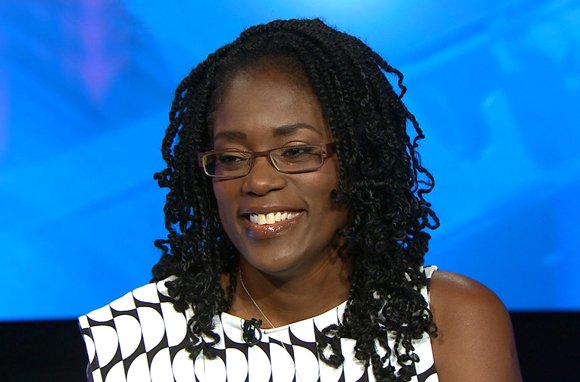
When we think of bravery, we think of soldiers defending our country, firemen running into a burning building, and a man who won’t back down from a bully. When we think of brave women we think of (I think of) that girl holding a bow and arrow from the Pixar film, Brave. I also think of Disney’s Mulan. These are women who know how to defend themselves in a fight. They know how to kick their attacker in the weak spot, bite and scream. They know how to “SING”—thanks to Sandra Bullock of Miss Congeniality. I love these kinds of women! I want to be one. I pretend I am one. I’m stealthy like Catwoman and clever like Sydney Bristow on Alias. Pretending is all I get to do, unfortunately, but it doesn’t mean I must be a trained fighter to be brave.
Scenario: You are trapped inside a school building held captive by a man with an armed gun. Who would you pick to save your life?
- Catwoman
- A professional karate instructor
- The Police
- Mrs. Miller from first period. She’s the one with the cat calendar on her desk. She also watches Dancing with the Stars and eats tuna sandwiches every Wednesday.
I’m sure all of you chose the first option, Catwoman, because she is pretty hardcore, unless, of course, you’ve been watching the news. If you have, you would know about a woman named Antoinette Tuff, a bookkeeper at a middle school in Decatur, Georgia who is not much different from Mrs. Miller of the fourth option. Tuff recently convinced Michael Hill, a mentally confused and heavily armed young man, to surrender to authorities after he entered her school with a gun. You can hear the recorded conversation she has over the phone after calling 9-1-1. She is calm, and she does not try to manipulate or overpower Hill physically. Instead, she forms a cautious bond and gives him a reason to hope. He hasn’t hurt anyone. He just needs help.
There are three things about Antoinette Tuff’s situation that expanded my idea of bravery, and I have listed them below:
Her physical weakness allowed her to be emotionally influential: Tuff was physically incapable of setting herself free of her captor, but that probably worked to her advantage. She spoke in a non-threatening manner to Hill, calling him “sir” and cautiously allowed him to lead the situation. This made her safe. He was willing to listen as she admitted that last year she had “tried to commit suicide” after her husband left her. Because she had overcome her own depression, she was able to show Hill the truth that everything was going to be okay. Without demanding or reprimanding, she exposed the lies that told him there is “nothing to live for.”
Her feminine nature allowed her to be a mother figure: At first, Tuff spoke to Hill like a subordinate, but eventually the roles changed and she became like a protective mother. After Hill decided to surrender, she started calling him “baby” and “sweetie.” She said, “We’re not going to hate you,” and she told him she was proud of him. She even said, “I want you to know that I love you.” Hill gave control of the situation over to Tuff. He handed her his weapon. He let her signal the police to come and arrest him. All the while she provided a pocket of protection from the hate and the judgment that would come from his actions. He was free to surrender and accept the consequences because he knew Tuff had forgiven him.
Her love was gentle, not “tough”: Anyone who saw Hill walk into a school with a loaded gun would want punch to him in the face, call him names, and tell him to be a man. At least, these would be my feelings. Hill needed to be a man. Of course, this reaction would have only made the situation worse. Some might believe Tuff coddled Hill, forgave him too easily, and sheltered him from the truth that he was a terrorist. Maybe she did coddle Hill, forgive him easily, and shelter him from the truth, but that was what Hill needed: gentle love, not tough love. Gentle love disarmed a lethal situation.
I would like to point out that not every situation will benefit the same way as Tuff’s situation. Her kindness saved lives, but not every gunman will respond to gentle love. Tuff’s love may not stop every kind of threat, but at least we know that her approach can be very effective, and anyone can use it. She said she prayed throughout the entire situation. Her response through prayer and kindness turned out to be more powerful than the traditional form of physical bravery. Tuff did not just help save the lives of everyone in that situation; she had started a process of restoring a young man who had evidently lost hope. She has even expressed a desire to see him again. For Tuff, she was not pretending to love Hill. She genuinely wanted to help, and Hill recognized her sincerity and had allowed it to change the direction of his life.
